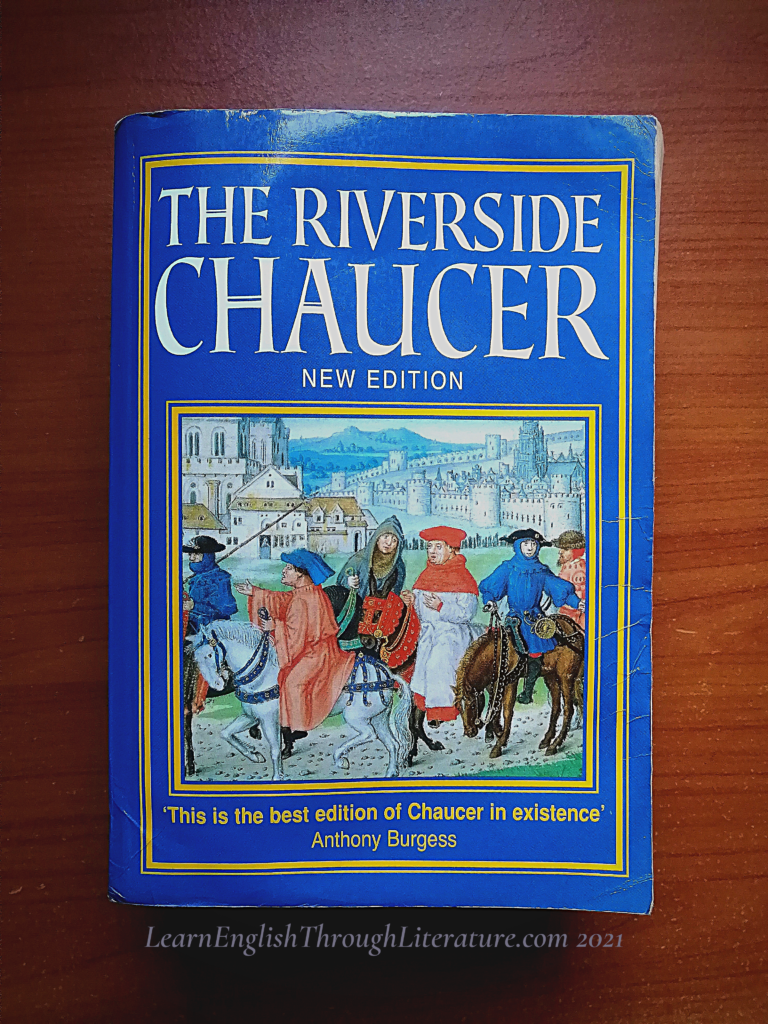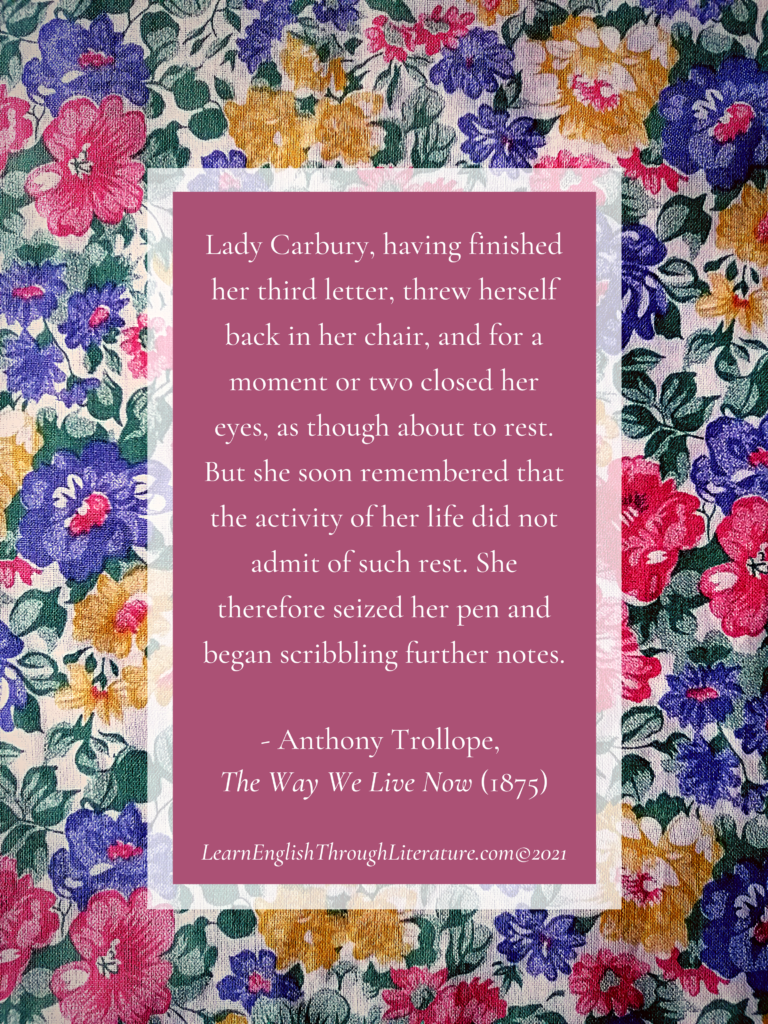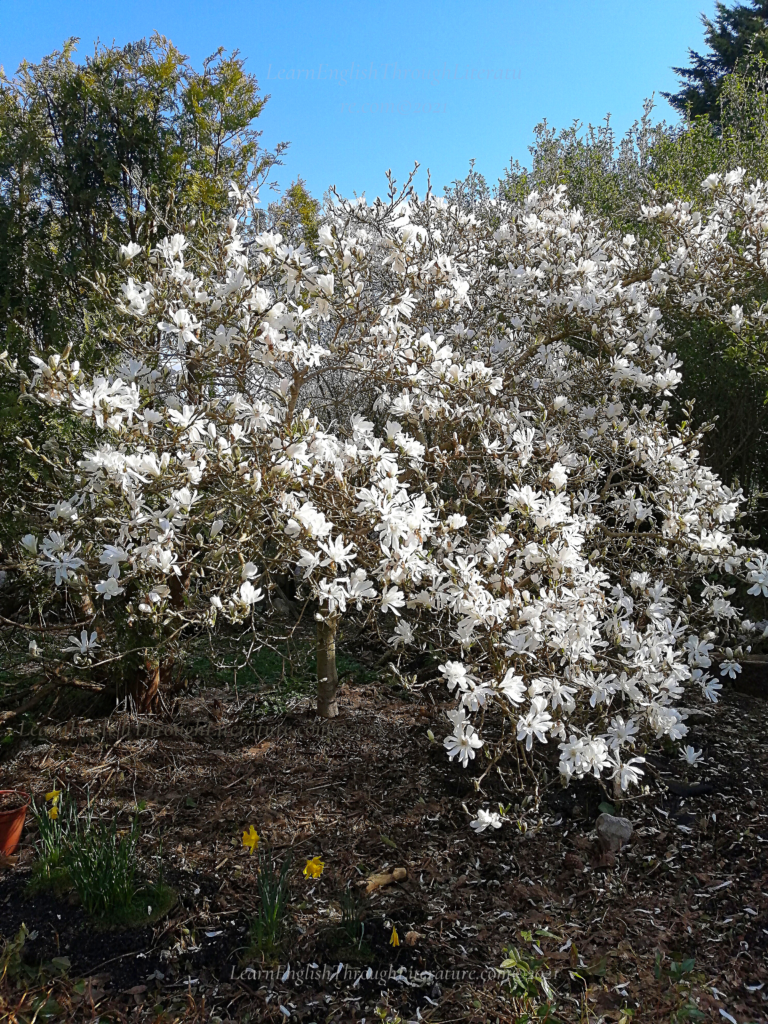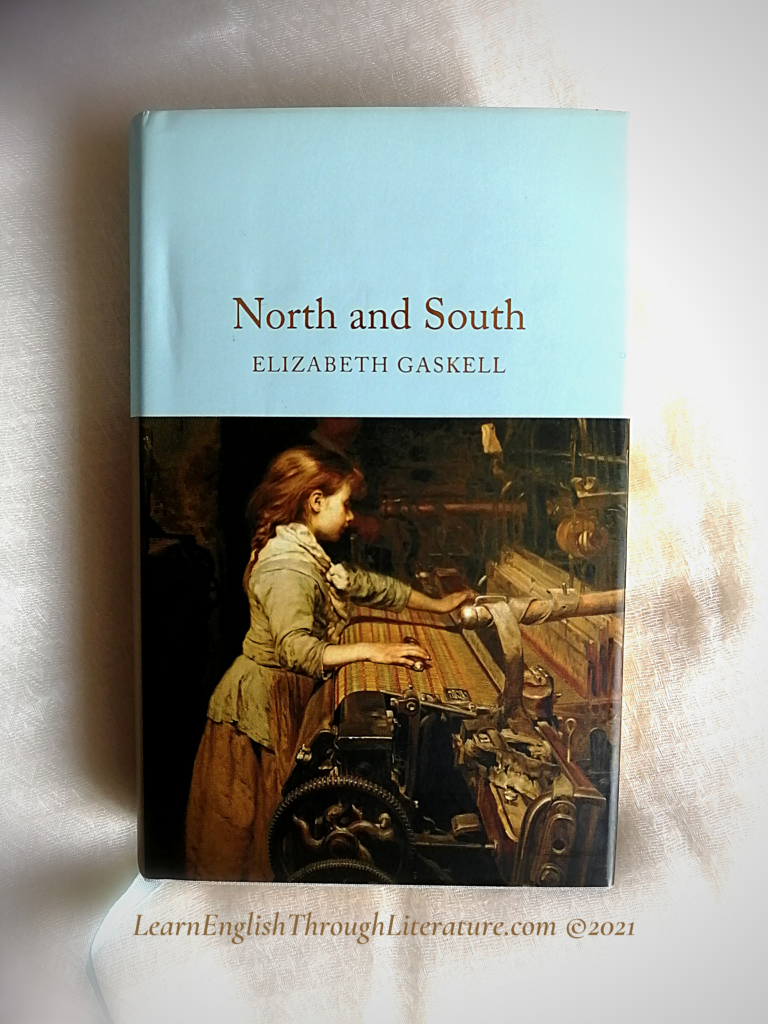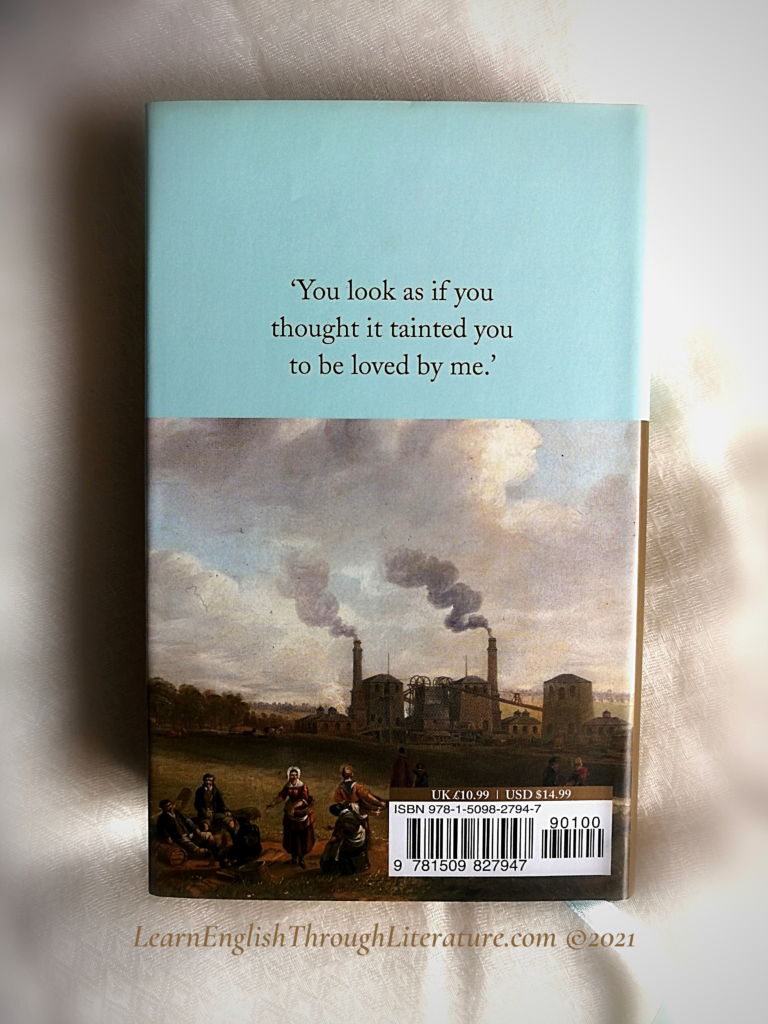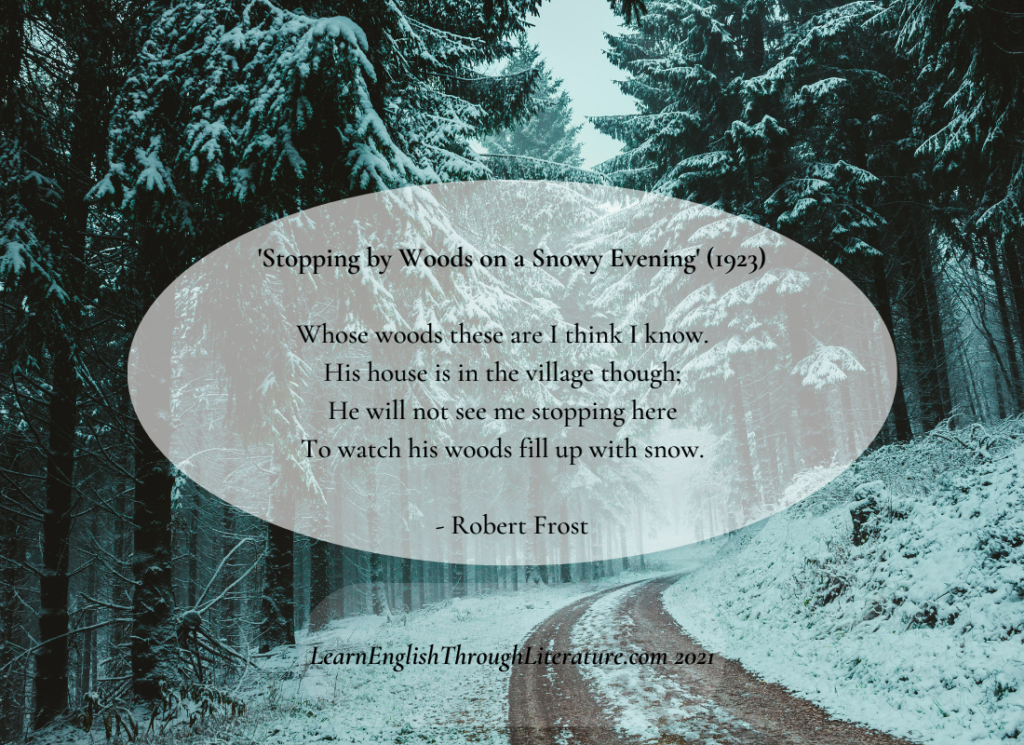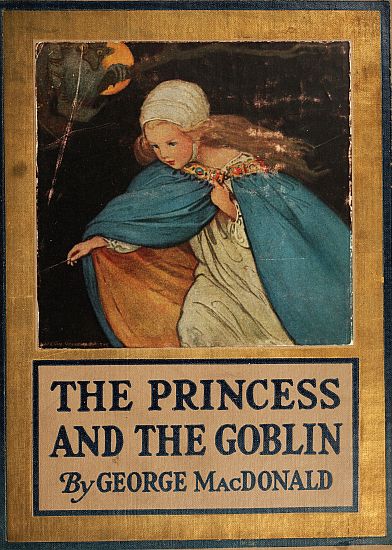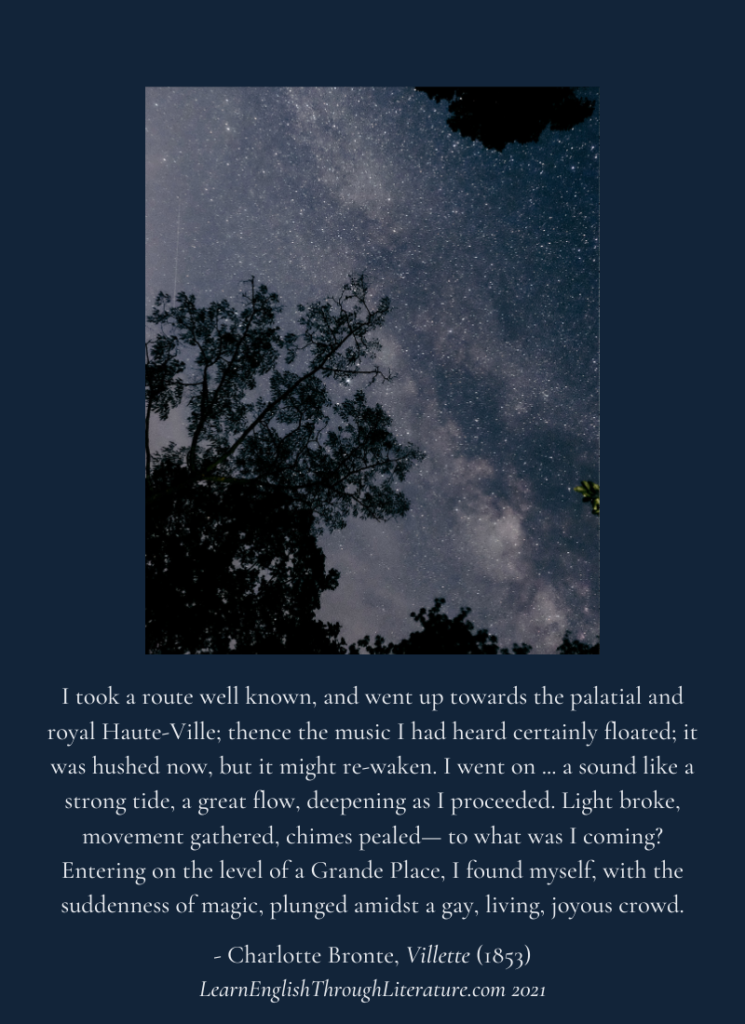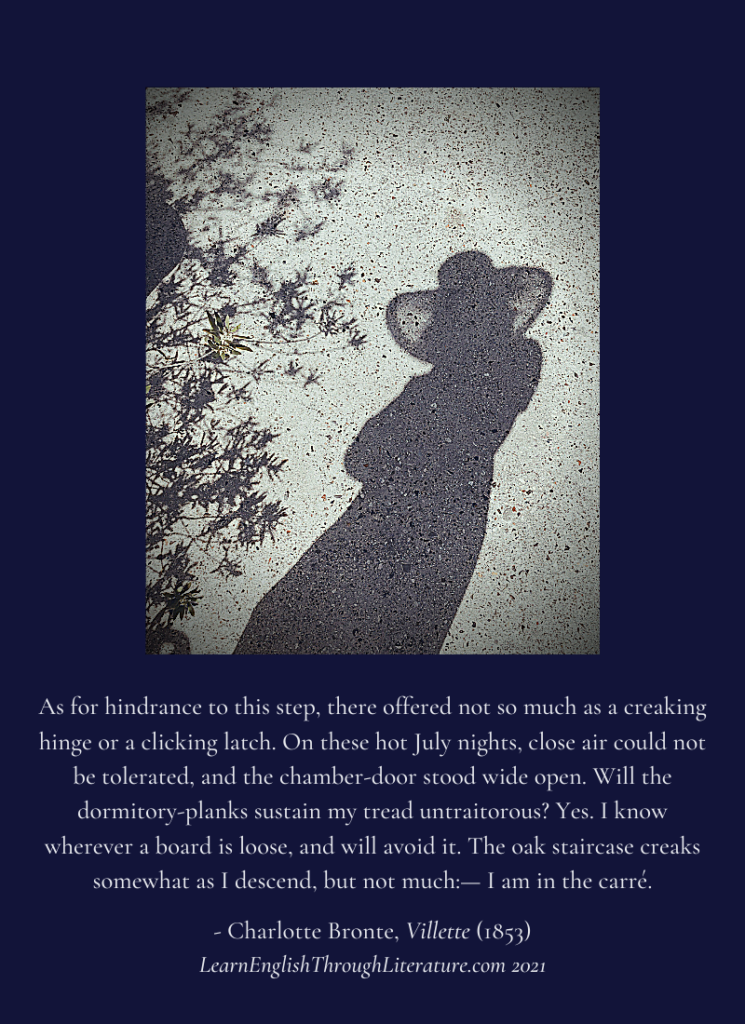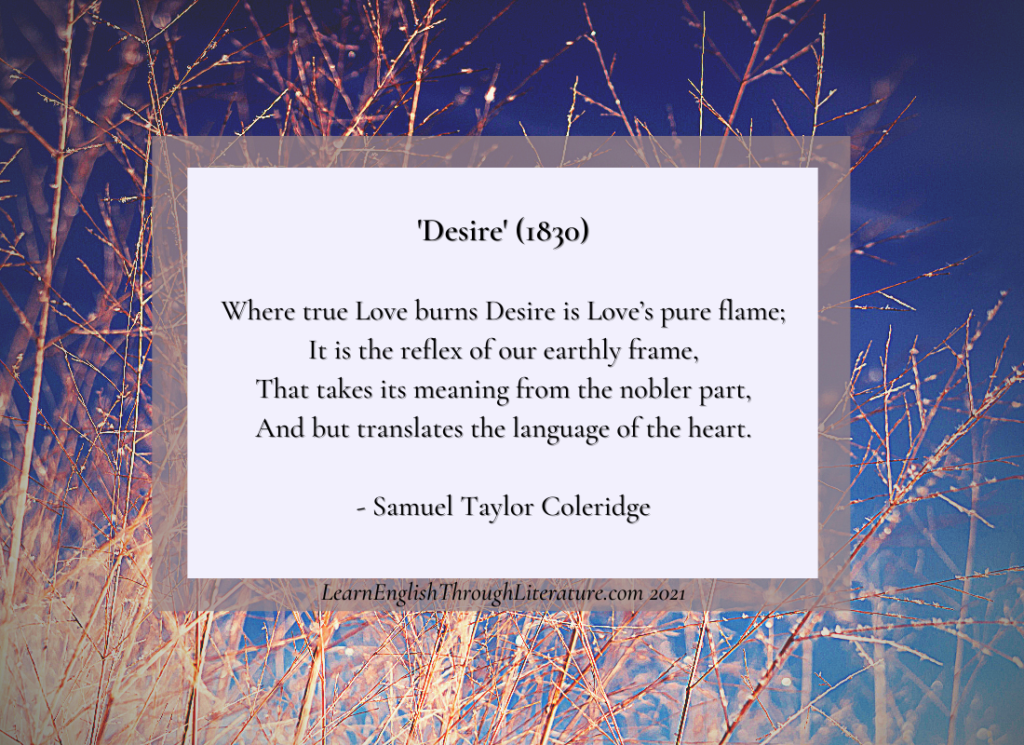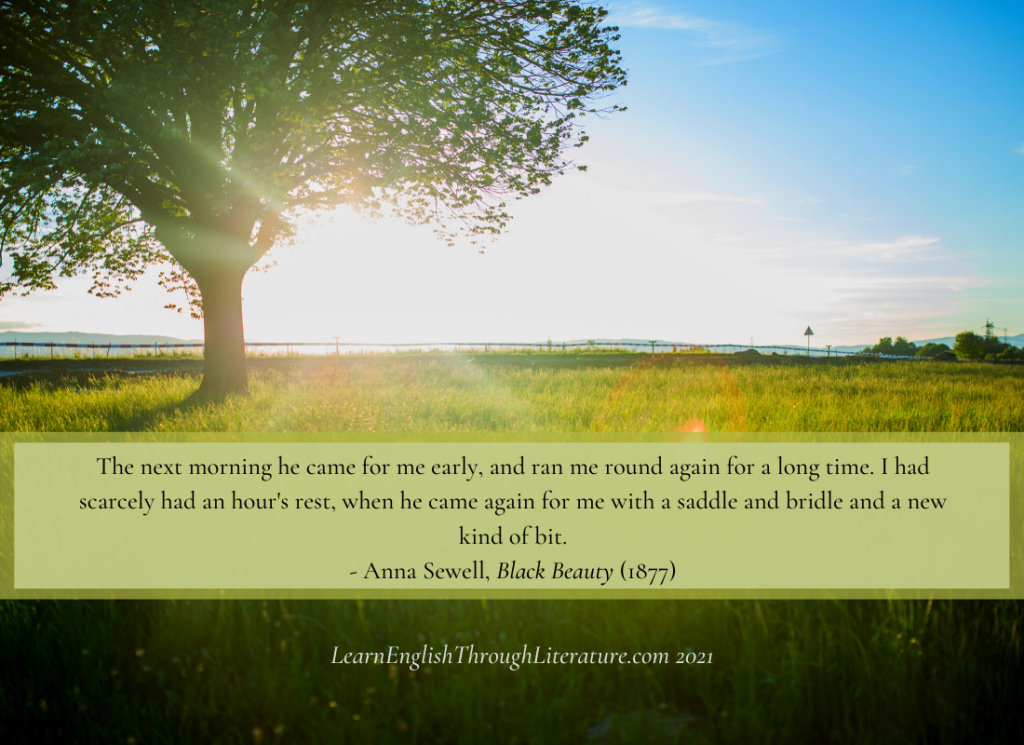Lesson #214: Appreciating April through Ancient Eyes (Chaucer’s poetry)
I have been looking forward to April for some time, knowing that these lines from the 14th century poet Geoffrey Chaucer would be perfectly seasonable! 🌼 This Lesson is in 3 parts: ✏️ A modern translation of Chaucer’s medieval poem’s opening lines (with a vocabulary list) ✏️ The original lines in medieval English (just for […]
Lesson #214: Appreciating April through Ancient Eyes (Chaucer’s poetry) Read More »

